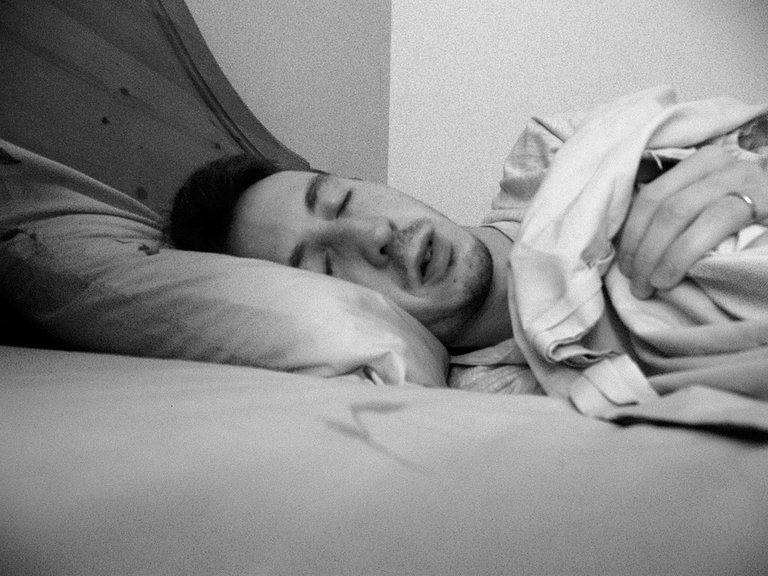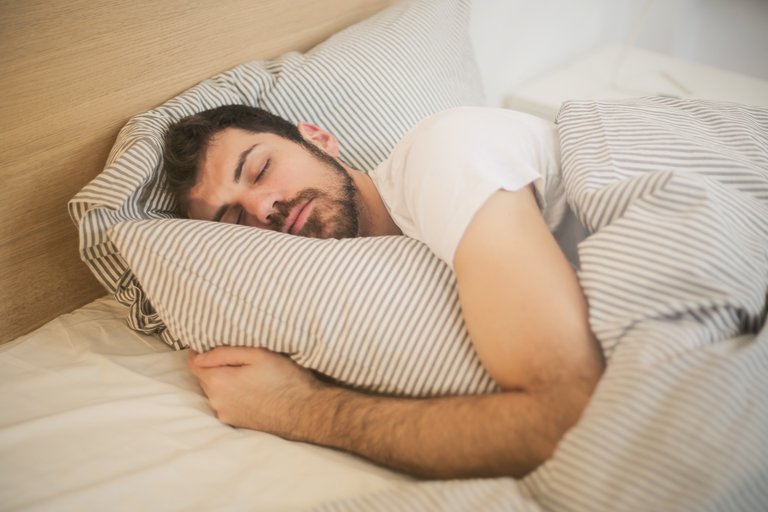The Complex Web of Sleep Deprivation: Causes, Effects, and Solutions
Sleep deprivation is a prevalent concern that touches the lives of many, with its repercussions spanning from the individual to societal levels. The importance of sleep is widely recognized, as it rejuvenates our bodies and minds, fortifies our mental well-being, and significantly contributes to our overall health. Yet, the grasp of sleep deprivation can be relentless, stemming from a multitude of factors that disrupt our restful nights.
At its core, sleep deprivation often arises from a myriad of origins. It can be a consequence of medical conditions such as insomnia, depression, or other disorders that intricately affect our ability to fall and stay asleep. However, it is crucial to recognize that external influences play an equally significant role. The relentless demands of modern life, work-related stressors, looming deadlines, and a perpetually connected world all conspire to rob us of the rest we so desperately need.
As adults, we need between 7.5 to 8.5 hours of sleep I would say between 8 to 9 hours of sleep daily but about 1/3 of the United States population suffer from poor sleep as they sleep less than 7 hours daily. Not sleeping is now a part of our lives because we want to get a lot of things done, but the fact is this would surely tell on our bodies over time. The repercussions of inadequate sleep are wide-ranging and impactful. At the outset, feelings of fatigue and mood fluctuations may seem manageable, but as sleep debt accumulates, cognitive abilities take a hit. Memory lapses become more frequent, concentration wavers, and the mind's sharpness dulls. But the implications stretch far beyond momentary lapses; sleep deprivation can be a silent catalyst for obesity, diabetes, and cardiovascular diseases, and in its most sinister form, it can even lead to premature death.
Delving into the mechanisms that orchestrate our sleep patterns, the concept of biological clocks emerges as a fundamental factor. Within the intricate fabric of living organisms including bacteria, fungi, plants, and animals, the circadian rhythms serve as inbuilt timekeepers. At the heart of this system lies the circadian rhythm, a 24-hour cycle that governs our sleep-wake patterns.
The Sleep-wake cycle is controlled by over 20,000 cells in the brain making the suprachiasmatic nucleus. This will include certain genes being active and inactive at different times in during a 24 hour period. During the day the suprachiasmatic nucleus blocks melatonin level thereby making us feel active, but at night melatonin is allowed, and we become sleepy. This is a cycle that continues all through our life time. When we are awake, our sense of alartness, perception, attention, and working memory functions.

Flickr
The biological clock in our body can be affected by our sorroundings, which is referred to as Zeitgeber (time givers). The sun is an example of the sorrounding factor that determines our sleep wake cycle, telling us when to be awake. This is also seen in plants as they position their leaves toward where the sun would shine. If the cirdadian clock isn't working, we would experience mild form of sleep deprivation, or extreme forms of Circadian Rhythm Sleep Disorders.
Infants do not have a regulated sleeping partern as the circadian clock of new borns is disrupted and not yet adjusted by the sun. People who experience jet lag can also experience temporary disruption in their circadian clock. People with Bi-polar disorder and other mental disorders have disruptions in their sleeping parterns as they have gene variation and homone level variation which disrupts the sleep-wake cycle which then causes chronic lack of sleep.
When people sleep less than 7 hours a day, they can experience the symptoms I mentioned at the beginning, but then over time, the activities of the brain neuron begin to change, and the ability to make new neurons is affected which is the reason why remembering things is a little difficult. It can lead to diabetes, a heart attack and possibly death.
To steer clear of the treacherous path of chronic sleep deprivation, we must take proactive measures. Establishing consistent sleep schedules that encompass a minimum of 7 hours per night is paramount. Enhancing sleep quality can be achieved by dimming lights before bedtime, as the circadian rhythm is exquisitely sensitive to light cues. Inviting natural light into our mornings, engaging in regular physical activity, and fostering a sleep-conducive environment all play a pivotal role in recalibrating our internal clocks.
Moreover, vigilance in avoiding stimulants such as caffeine, nicotine, and alcohol before bedtime is essential, as these agents can mar the quality of our sleep. As we traverse the delicate balance between the need for sleep and the demands of our modern lives, let us remain mindful of the profound impact that sleep deprivation wields on our overall health and well-being.
Reference
https://www.nhlbi.nih.gov/health/sleep-deprivation
https://www.ncbi.nlm.nih.gov/books/NBK547676/
https://www.ncbi.nlm.nih.gov/books/NBK519507/
https://nigms.nih.gov/education/fact-sheets/Pages/circadian-rhythms.aspx
https://www.ncbi.nlm.nih.gov/pmc/articles/PMC5204321/
https://www.ncbi.nlm.nih.gov/pmc/articles/PMC1364538/

Congratulations!
Your post has been manually curated and reblogged.
You can follow our curation trail on Hive.Vote
If you want to support us and the authors we vote for you can upvote this comment or delegate some Hive Power to our account. Thanks!
Propose a worthy post by mentioning us in the post or in a comment.
We reblog curated posts, follow us if you wish to see them in your feed.
Thanks for your contribution to the STEMsocial community. Feel free to join us on discord to get to know the rest of us!
Please consider delegating to the @stemsocial account (85% of the curation rewards are returned).
Thanks for including @stemsocial as a beneficiary, which gives you stronger support.
Congratulations @thomisin! You have completed the following achievement on the Hive blockchain And have been rewarded with New badge(s)
Your next target is to reach 3250 upvotes.
You can view your badges on your board and compare yourself to others in the Ranking
If you no longer want to receive notifications, reply to this comment with the word
STOPCheck out our last posts: